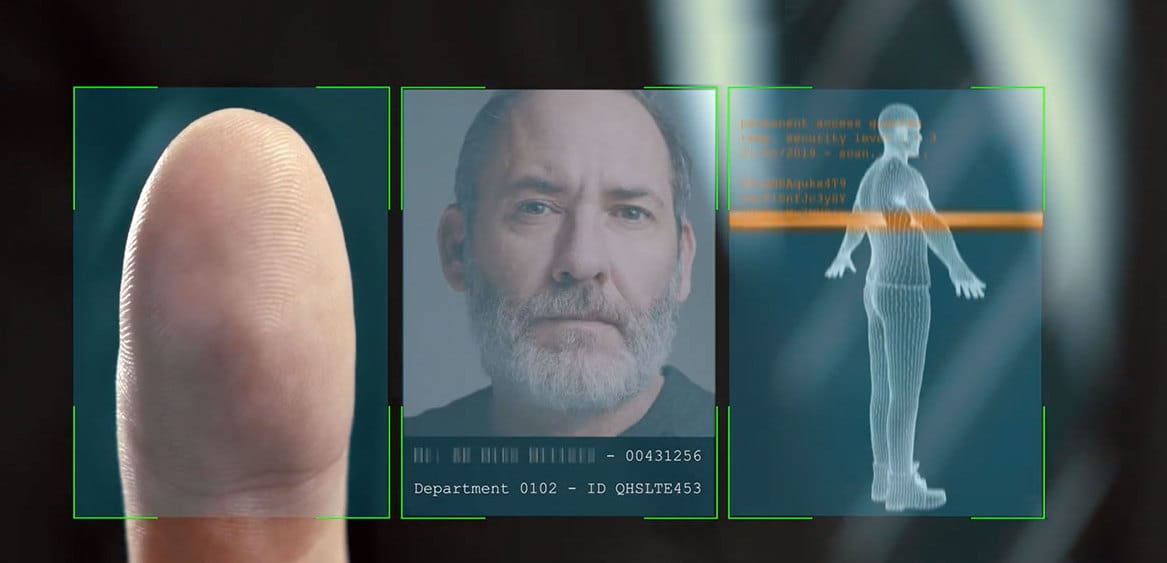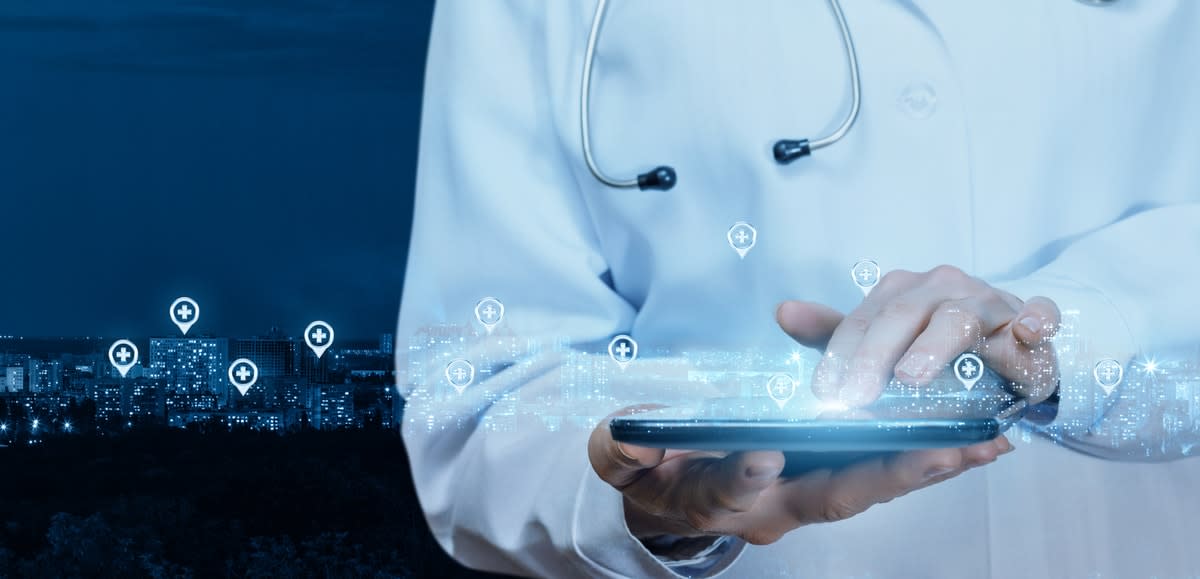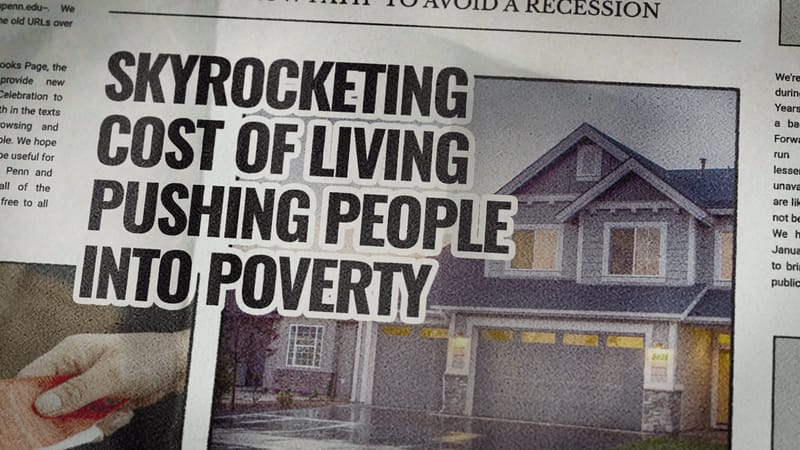
From drones that deliver blood in Rwanda, to blockchain health records in Estonia, it's clear the role of technologies such as AI and machine learning are swiftly transforming healthcare.
But how these systems and tools are being implemented varies greatly depending on the government, region and resources, and their success can depend on public perception.
Data privacy is a major concern for many people.
"The biggest companies in the world, they're in the business of monetising personal data."
Take, for example, the furore in Australia in 2018 over the government's introduction of the My Health Record system, in which people had to opt out if they were unwilling to allow their health information to be shared by medical professionals.
"We've had a whole debate around My Health Record, and we had two million people who opted out," says Monash University Professor of Sociology Alan Petersen. "Why are they expressing concerns? Because they weren't consulted, and a lot of people are suspicious about the harvesting of their data.
"The biggest companies in the world, they're in the business of monetising personal data. I think people have got a lot to be concerned about if they're handing over their information, their health information, which is very private information," Professor Petersen says.

The very definition of digital health can also be problematic. As educational and developmental psychologist Dr Christine Grove points out: "One of the challenges is there's not a universal description and understanding of what digital health means. We don't have a framework, necessarily, that's come from the United Nations or the World Health Organization that clearly defines all the parameters of the space."
"Digital health" can be summed up in one line: "The use of digital tools and interventions in wellness and healthcare."
Dr Grove's research involves using digital tools to improve youth mental health and wellbeing. Her work is but one example of Monash researchers utilising digital technologies to transform medicine. Other initiatives include improving seizure prediction among those suffering from epilepsy, applications that can assess the nutritional content of a plate of food based on a photograph, and telemonitoring of people's blood sugar levels to alert doctors if medication adjustments are needed.
Keeping it personal
For Chris Bain, Professor of Practice in Digital Health in Monash's Faculty of Information, "digital health" can be summed up in one line: "The use of digital tools and interventions in wellness and healthcare." It's not about removing doctors from healthcare decisions.
"We have to always remember that at the end of the day, successful healthcare, especially, is about helping people," Professor Bain says: "And there's no question about the value of the personal relationship in that. We still hear a lot of people talking and writing like, the machines are completely autonomous, and we're almost pre-Terminator, and they're just going to march in and say, 'You don't have a job anymore'."
"There's a fair group of people who think that doctors will become extinct," says Professor Shajahan Yasin, head of the Jeffrey Cheah School of Medicine and Health Sciences at Monash University Malaysia. "I am not in that group. I think that the role of doctors will change. You can't ever replace this conversation that you'll have with a person, with technology."
And, for all the concerns associated with digital health and data, there are undeniable positives – a point underlined by Dr Levin Kuhlmann, a senior lecturer in data science and AI. "If you have all of Australia putting in their data, and sharing it, and you derive conclusions from all of that data, then you can make conclusions that are actually useful," he says. "That's the benefit of doing it. So for me, the benefits outweigh the security risks."
"When we've succeeded in digital health is when we stop using the word 'digital'," says Professor Bain. "Where now the healthcare we provide, and the wellness care we provide, is just inherently using IT and tools like it."





